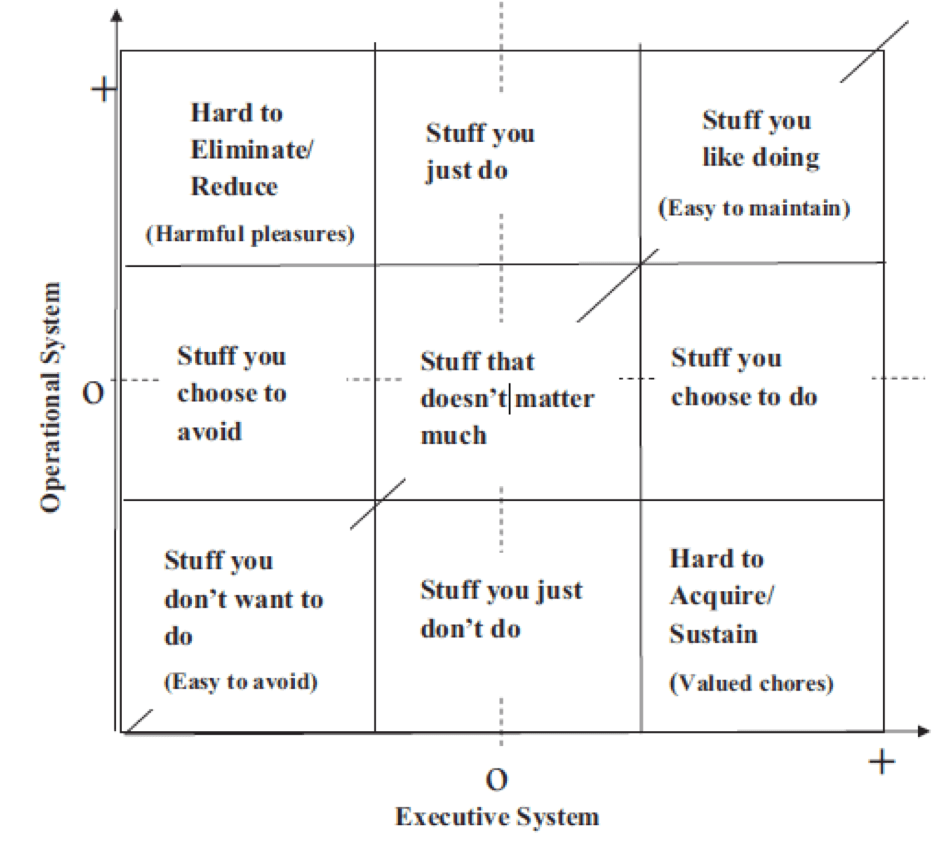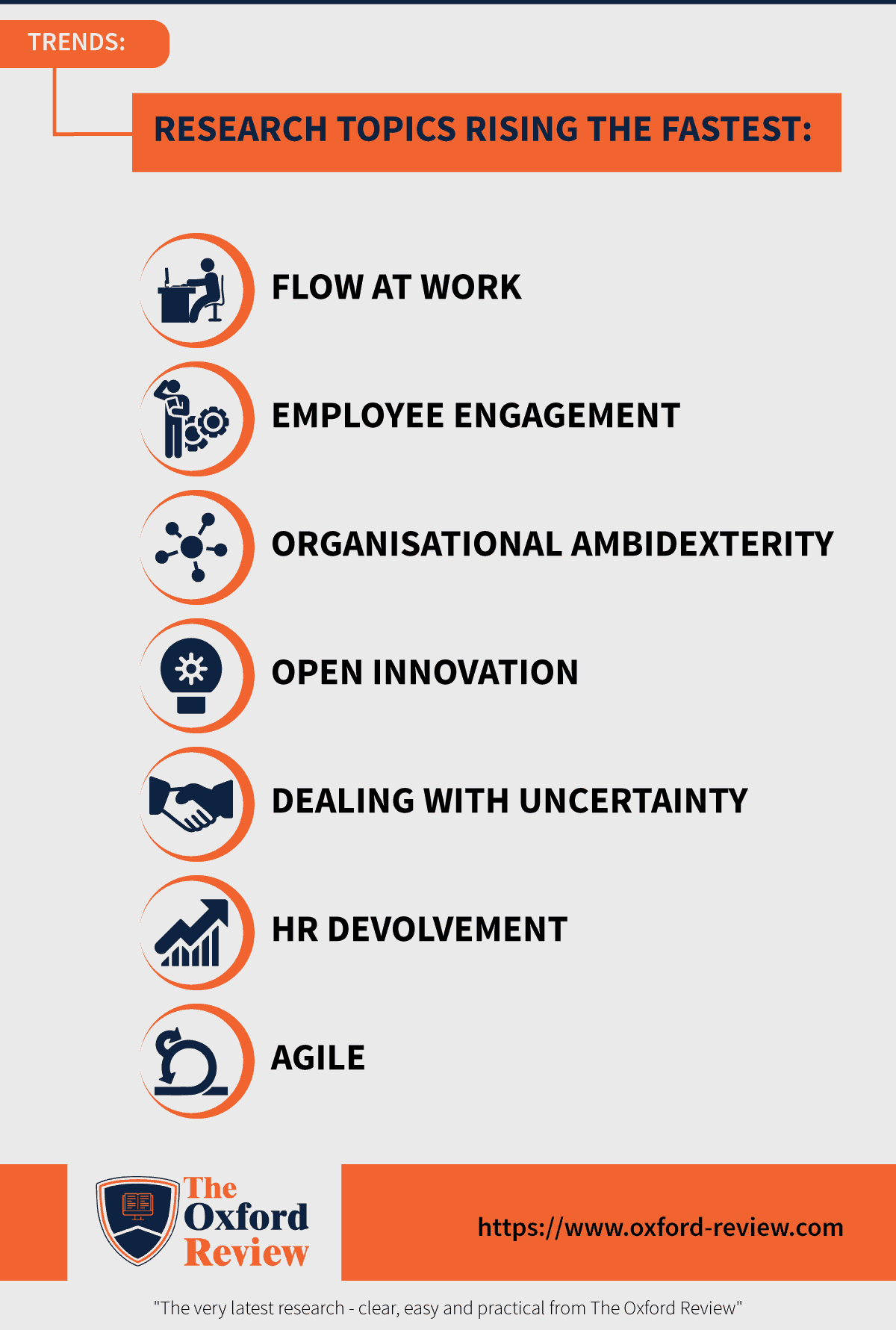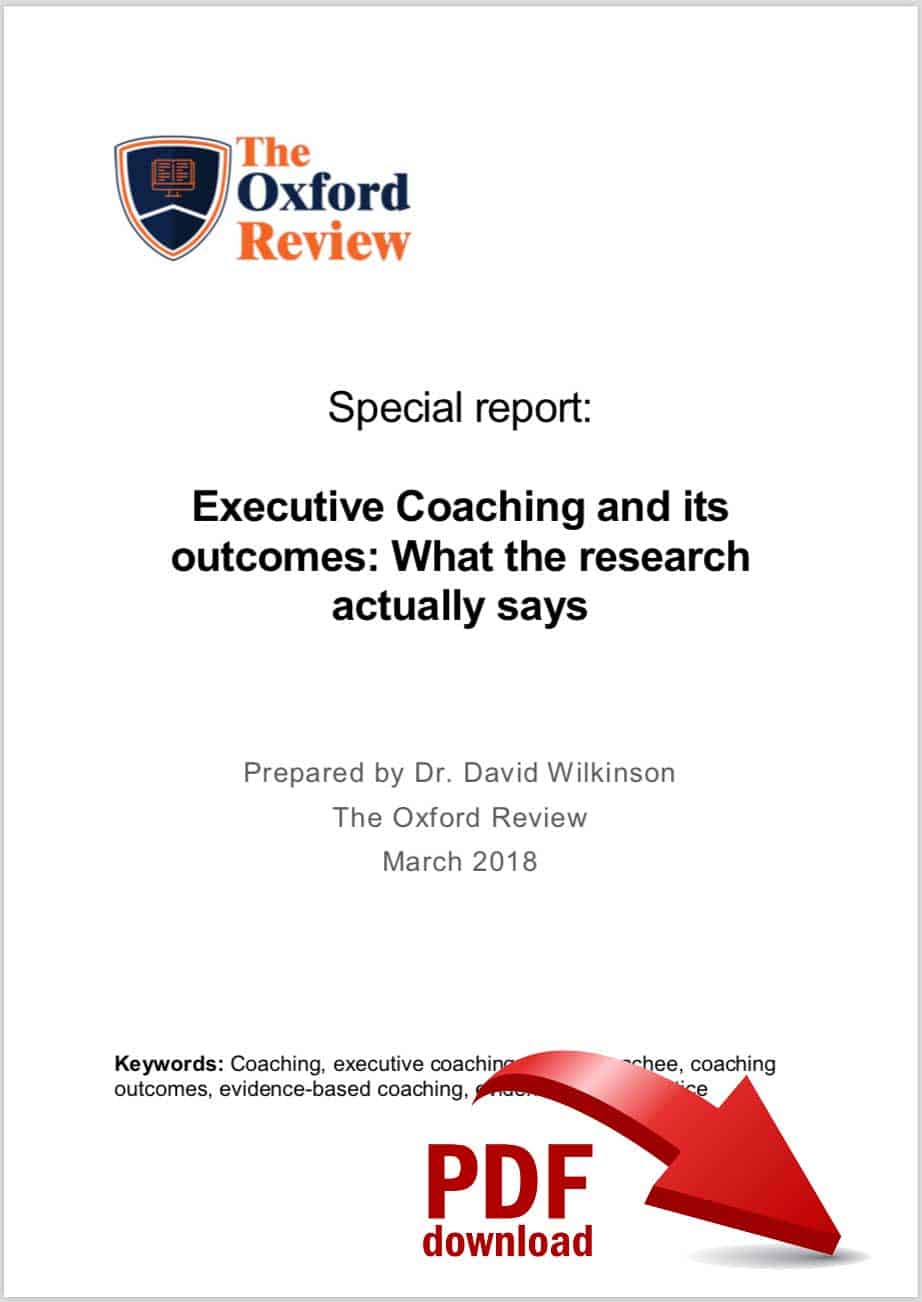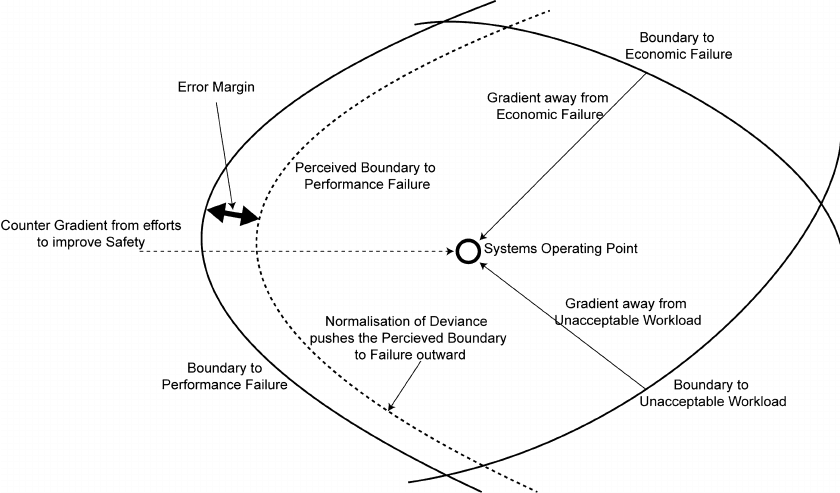- in Blog by David Wilkinson
- |
- 1 comments
Why some behaviours are really difficult to change and what to do about it: CEOS Theory

A new theory called CEOS Theory focusses on trying to understand one of the problems that science has been grappling with in recent years. Some behaviour change is difficult to maintain, for example giving up smoking, sticking to a diet, maintaining a new fitness regimes, changing work habits etc. and this theory looks at the […]
Read more








